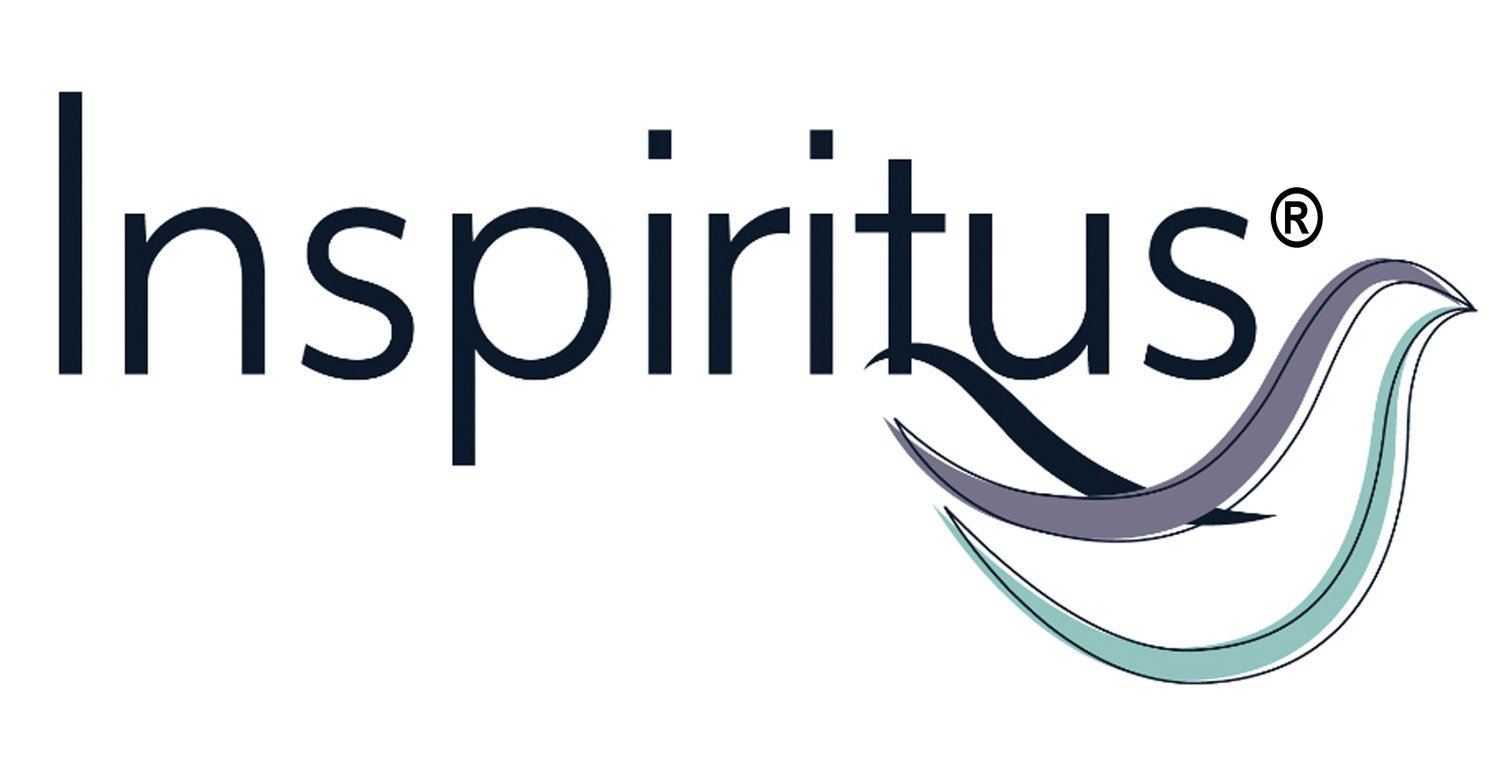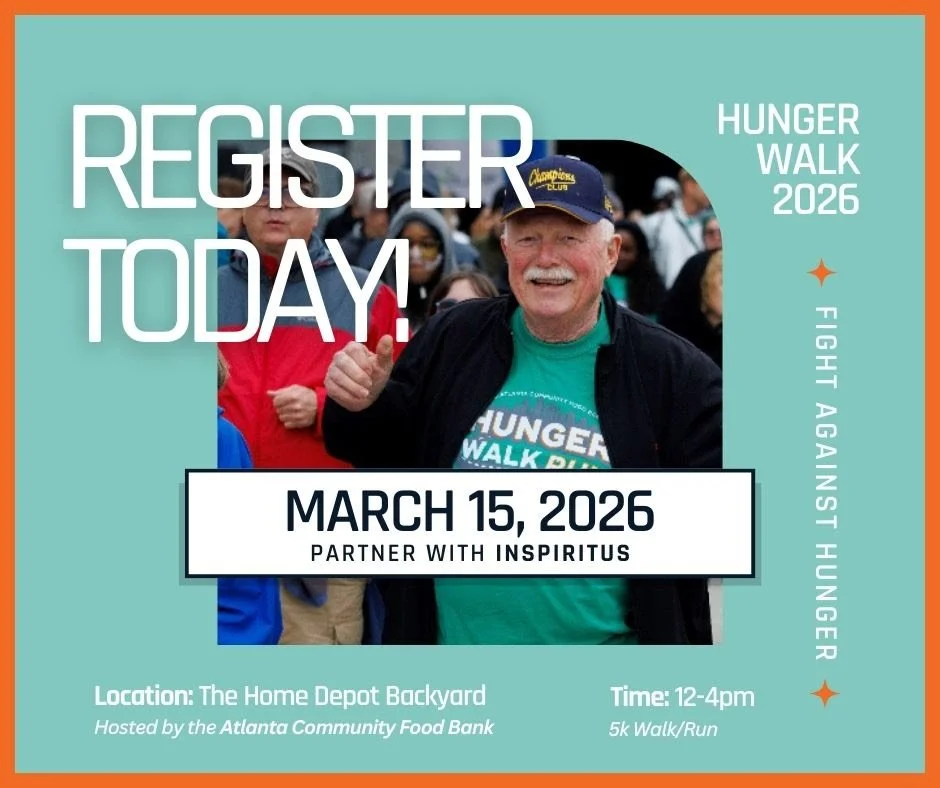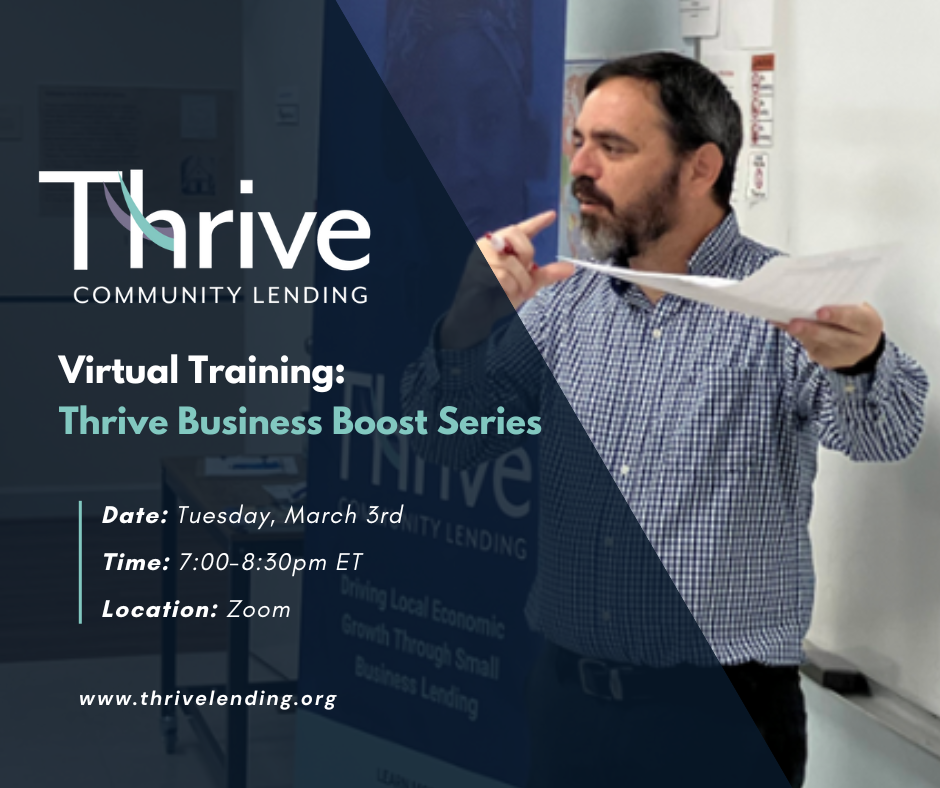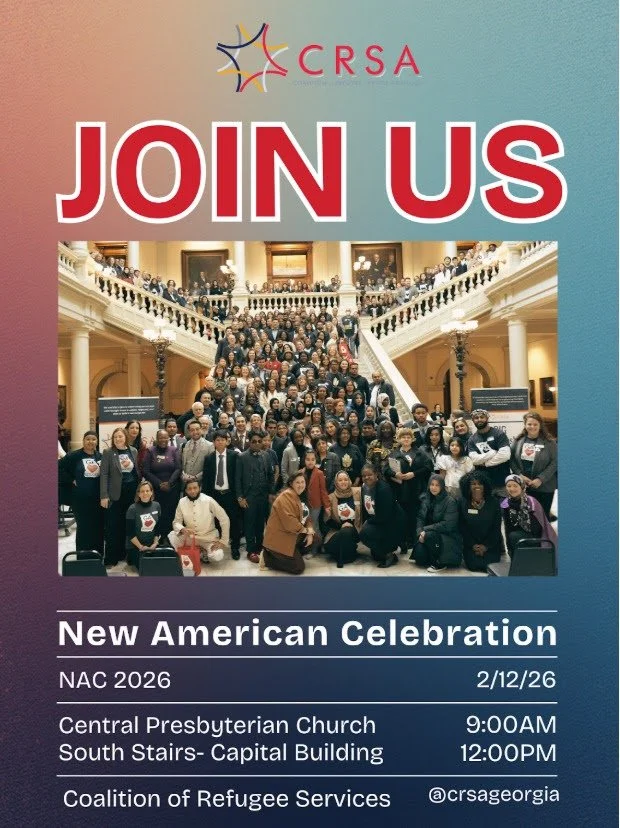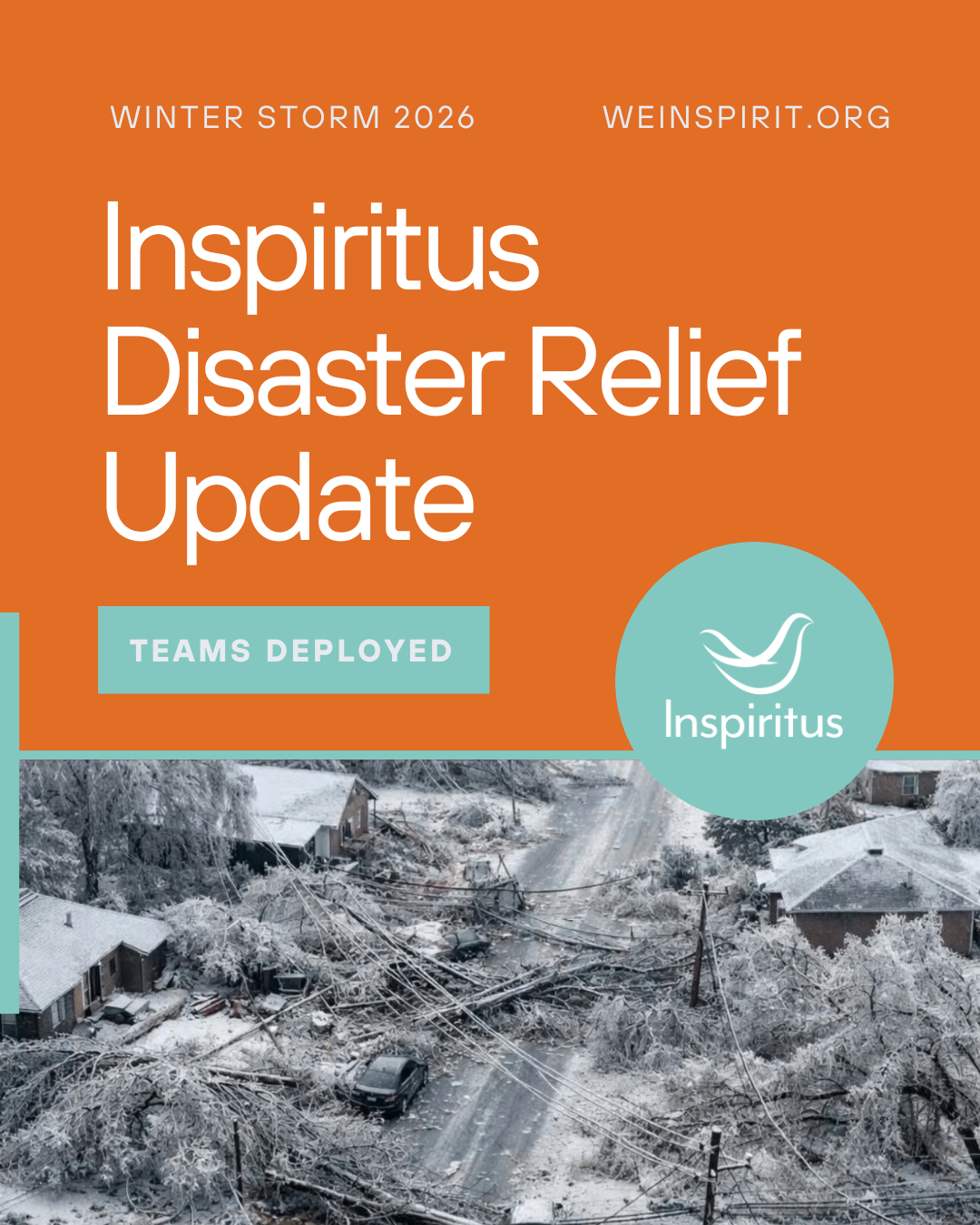Grants in Action - LSG's Extended Cultural Orientation Program
/ On weekday mornings, refugee men and women gather in a small apartment in Clarkston to learn about life in the United States. Brightly colored posters hang on the walls, containing information on types of American currency, a map of the United States, the Pledge of Allegiance, and answers to FAQs. At the front of the classroom, Jacque Ulrich, LSG’s Cultural Orientation Coordinator, leads the group with energy and enthusiasm. After each question asked or lesson taught, she pauses briefly. Fountains of language—Nepali, Somali, Arabic, Burmese, Farsi, and English—trickle through the room as interpreters, mostly former refugees, translate her words until every student understands.
On weekday mornings, refugee men and women gather in a small apartment in Clarkston to learn about life in the United States. Brightly colored posters hang on the walls, containing information on types of American currency, a map of the United States, the Pledge of Allegiance, and answers to FAQs. At the front of the classroom, Jacque Ulrich, LSG’s Cultural Orientation Coordinator, leads the group with energy and enthusiasm. After each question asked or lesson taught, she pauses briefly. Fountains of language—Nepali, Somali, Arabic, Burmese, Farsi, and English—trickle through the room as interpreters, mostly former refugees, translate her words until every student understands.
In March 2013, Lutheran Services of Georgia launched its Extended Cultural Orientation (ECO) program to give refugees an in-depth orientation to the United States. Within 30 days of arrival in Georgia, LSG’s refugee clients begin taking nine class sessions spanning three weeks. ECO offers pragmatic lessons in subjects crucial to everyday life as a refugee—personal finance, public transportation, the U.S. education system, immigration law, and more. Some ECO classes feature local organizations that introduce refugees to resources in the Clarkston area.
Funding for the ECO program comes from the Office of Refugee Resettlement’s Preferred Communities Grant, distributed to LSG through Lutheran Immigration and Refugee Service (LIRS), LSG’s national affiliate. Since the early 1990s, the Preferred Communities grant has provided funding for organizations working in smaller cities and towns that boast a wealth of opportunities for resettled refugees, like Clarkston.
Prior to establishing ECO, LSG’s approach to cultural orientation was limited to a “four-hour welcome-to-America—here’s your rundown on everything you need to know before you’re a permanent resident,” said Jacque. Now, refugees are able to learn more about U.S. culture and have their questions answered in a safe, welcoming space. Unlike many cultural orientation programs, ECO does not separate refugees according to their country of origin. “We want to build infrastructure between communities,” Jacque said, “not necessarily within ethnic groups.” ECO gives refugee clients the opportunity to meet refugees from other countries who have also been resettled in Clarkston.
Jacque enjoys coordinating the ECO program. “I get to hang out with people from all over the world with all different experiences and learn from them,” she said. She also enjoys discovering the ”preexisting knowledge and experiences” that each refugee brings with them to the classroom. In the future, she hopes to see the program grow to offer lessons in even more subjects, better preparing refugees to succeed in the U.S.
If you’d like to support LSG’s ECO program, consider donating snacks and beverages for the refugees. LSG provides snacks, soda, tea, and coffee during each class session to help create a more relaxed, communal atmosphere. According to Jacque, “When a lot of people get a cup of something hot in their hands, it’s culturally appropriate to start talking.” You can also donate new or gently used toys for children of refugees. ECO offers childcare during the classes so mothers and fathers can fully participate.
Contact Jacque Ulrich at julrich@lsga.org or (678) 852-8591 for more information about ECO or to donate.
